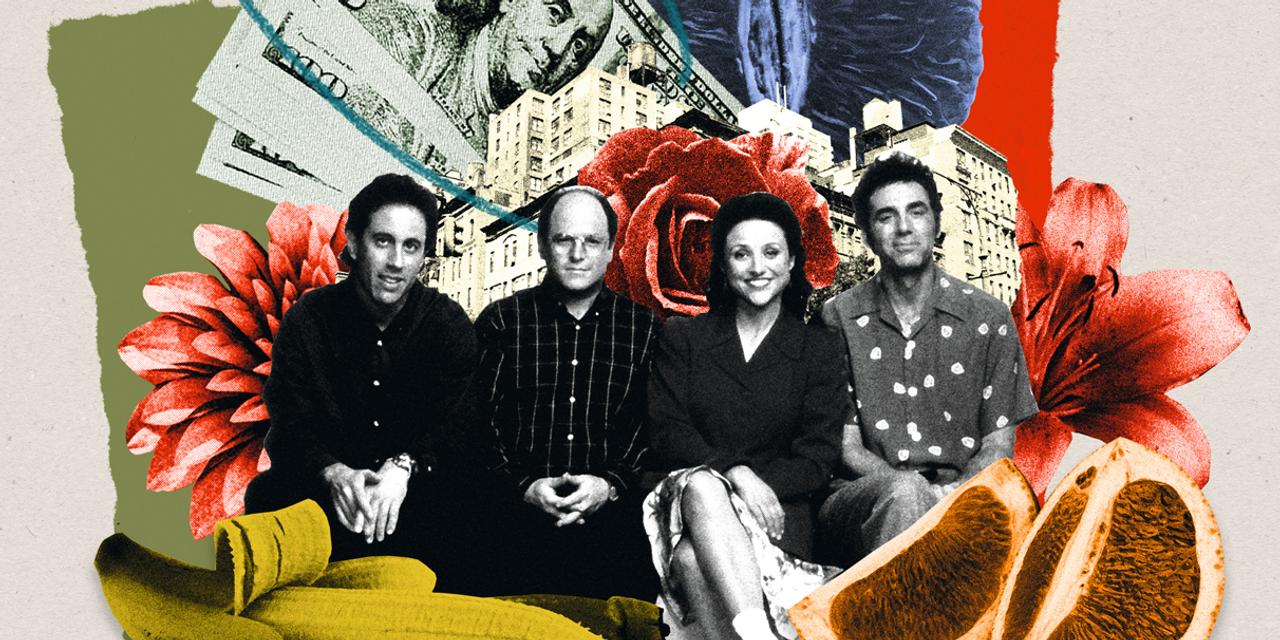


Part 3 will be available soon.
Part 3 will be available soon.
Breaking The Script
6 Parts
Articles in this series:
Part 3 will be available soon.
'Who can stop masturbating the longest?': The day 'Seinfeld' tackled sexuality
Series'Breaking the Script' (2/6). In November 1992, the sitcom's popularity soared when, in its fourth season, the four main characters, three men and a woman, made a bet on who could endure sexual abstinence the longest. This direct and funny approach to sexuality opened up new possibilities for television series. Spoiler alert!
The word itself is never spoken. Yet, throughout the 20-odd minutes of "The Contest," the 11th episode of the fourth season of Seinfeld, only one subject is on everyone's mind: masturbation. The episode centered on a ridiculous bet between four friends to see who could go the longest without masturbating. The group of friends was Jerry Seinfeld's.
In 1989, Seinfeld, a New York-based stand-up comedian, created an autobiographical television series together with his friend Larry David, based on his own eccentric romantic adventures. In the semi-autobiographical sitcom, which was filmed in front of a live studio audience whose laughter can be heard in the background, Seinfeld (playing himself) is a long-term bachelor, obsessed with cleanliness, who eats nothing but breakfast cereal.
In his northwest Manhattan apartment or at the diner downstairs, Seinfeld chats with his stingy, self-absorbed best friend, George Costanza (Jason Alexander); his intrusive and quirky neighbor, Cosmo Kramer (Michael Richards); and his razor-sharp and sarcastic ex-girlfriend, Elaine Benes (Julia Louis-Dreyfus). In short, all the usual ingredients that feature in a classic American sitcom? Not quite. The spirit of Seinfeld was cynical, mocking, quick-witted, acerbic and deeply tied to New York. When "The Contest" aired on NBC on November 18, 1992, Seinfeld already had a cult following. Yet while the ratings were good, they were not exactly spectacular.
'Master of my domain'
The episode named "The Contest," written by David, changed everything. It sparked a media frenzy and rocked the tightly constrained world of American television, which was under close scrutiny from both religious moralist groups (often Christian ones) and network executives, who feared losing advertising revenue. It was the first to address the issue of sexual pleasure, especially solo pleasure, so directly, even without ever naming it.
You have 70.57% of this article left to read. The rest is for subscribers only.

